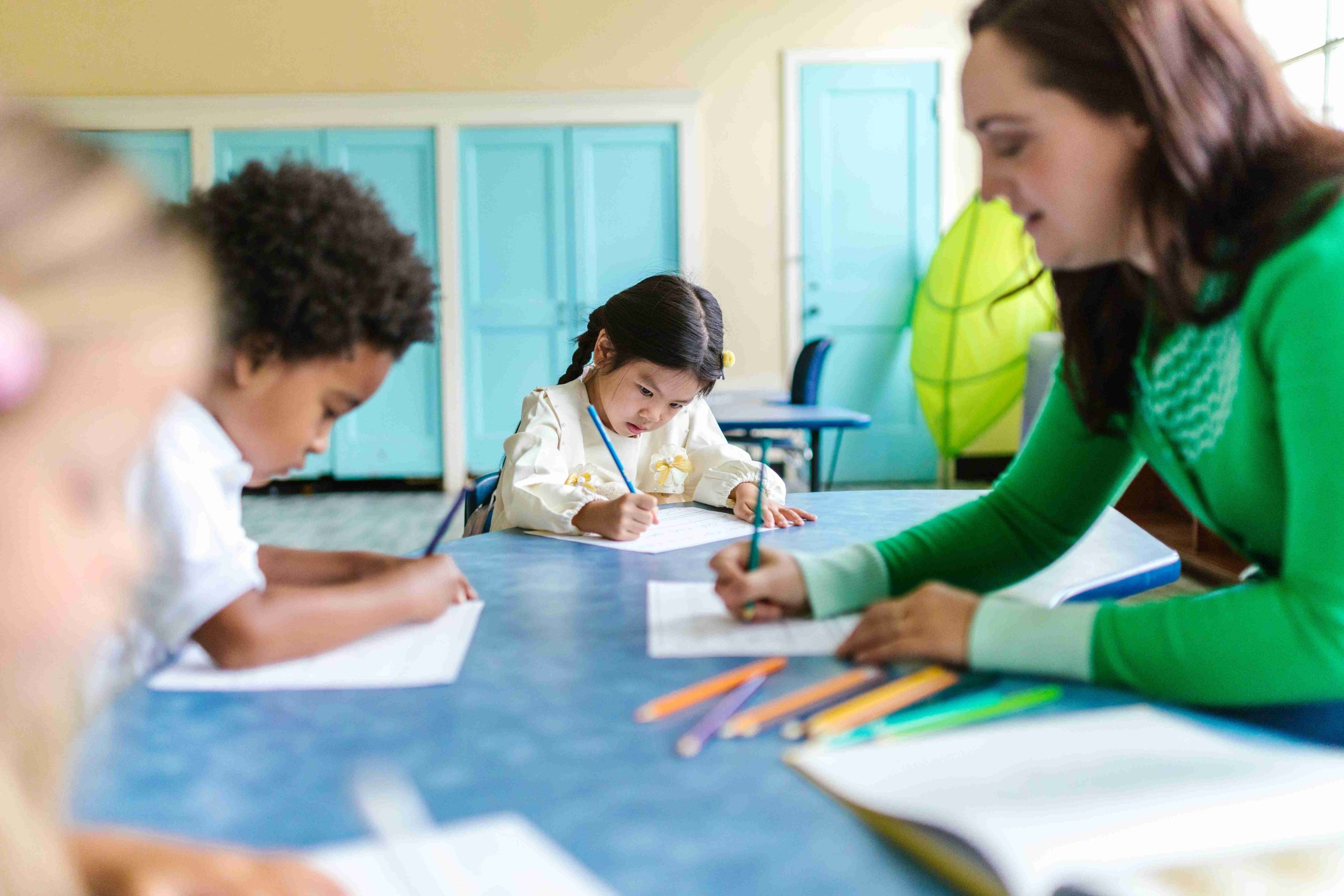
Effective Teaching Strategies for Preschoolers’ Academic Success
Ensuring academic success for preschoolers is a primary goal for educators. Academic achievement during these formative years significantly influences a child’s future development. Therefore, employing engaging teaching techniques that foster academic growth in young learners is paramount. This article explores efficient teaching methods aimed at enhancing preschoolers’ academic performance.
Understanding the Preschool Curriculum
The preschool curriculum plays a vital role in nurturing fundamental skills essential for academic success. It encompasses language and reading, numeracy, science, social-emotional development, and physical activities. Educators must grasp this curriculum to provide a well-rounded education tailored to each child’s needs, fostering both academic success and a love for learning.
Promoting Key Skills
Language and Literacy: Developing vocabulary, phonological awareness, and print skills through read-alouds and storytelling.
Numeracy: Enhancing number comprehension and basic operations through interactive games and math-related activities.
Science: Fostering critical thinking and problem-solving with hands-on experiments and investigations.
Social and Emotional Development: Cultivating social skills like sharing and turn-taking for overall academic and personal growth.
Physical Development: Promoting health and well-being through outdoor play and gross motor activities.
Promoting Engagement and Participation
Preschoolers thrive when engaged in interactive and participatory learning experiences:
- Utilize interactive teaching methods, collaborative activities, technology integration, movement-based learning, play-based approaches, and hands-on activities to maximize engagement and participation.
Differentiated Instruction
Recognize and cater to diverse learning styles and abilities:
- Adapt instruction by integrating various strategies such as visual aids, manipulatives, and technology to meet individual learning needs.
- Offer choices, incorporate multisensory instruction, and provide enrichment opportunities to challenge and support each learner appropriately.
Fostering a Positive Learning Environment
Creating a positive atmosphere enhances academic success:
- Establish clear rules and routines, encourage positive behavior, promote a sense of belonging, build positive relationships, set expectations, celebrate achievements, and encourage positive behaviors for a safe and supportive environment.
Assessing Progress and Building Relationships
Regular assessment and collaboration with parents are crucial:
- Utilize developmental milestones, observations, formal assessments, multiple assessment methods, ongoing data collection, and assessment-informed instruction to track progress and tailor teaching accordingly.
- Communicate regularly, encourage involvement, provide resources, recognize diversity, collaborate with families, and celebrate achievements to build strong relationships and support preschoolers’ learning journeys.
By implementing these strategies, educators can effectively promote academic success, foster a love for learning, and set preschoolers on a path towards lifelong achievement and fulfillment.


